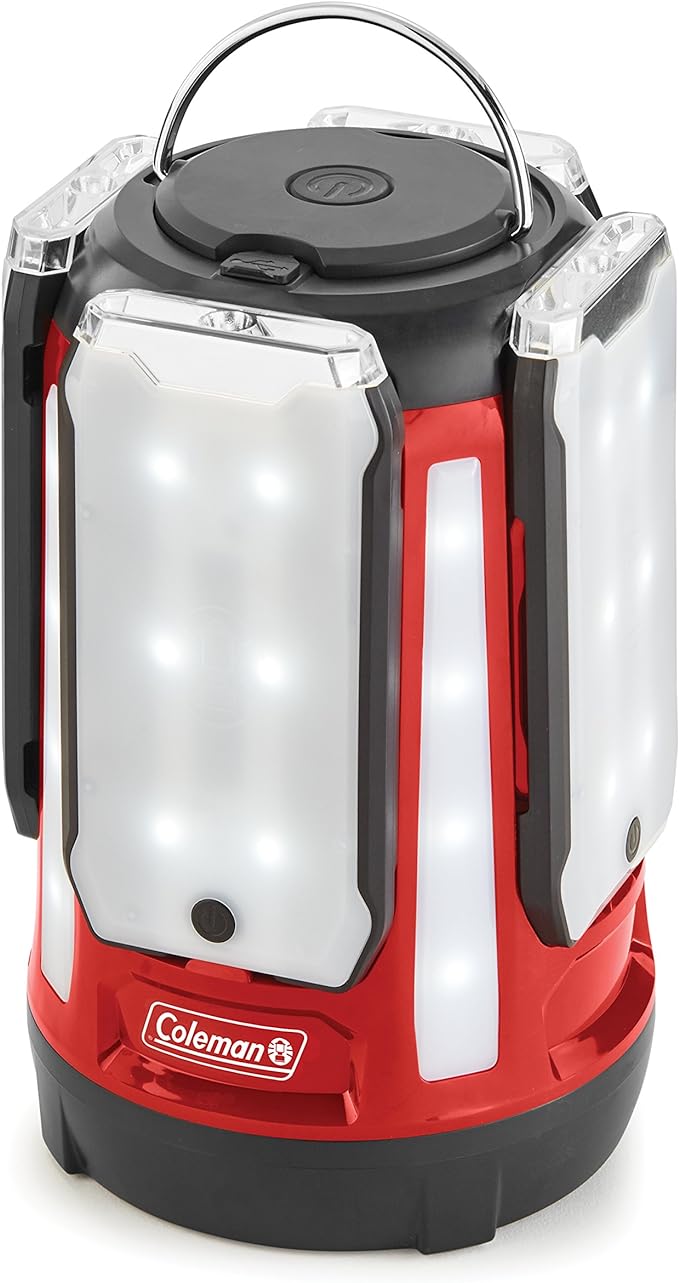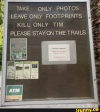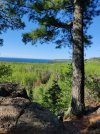Giganotosaurus
Dreaming of Electric Sheep
- Joined
- Sep 22, 2018
- Messages
- 4,364
- Reaction score
- 14,359
I realized that we didn't have a thread for this so I figured I'd start one!
I like hiking but have only done day trips before, all camping has been on campgrounds for the most part too. These past couple of years I've been wanting to expand into backpacking and overnight camping, in particular I'm wanting to hike a portion of the North Cascades National Park next year.
Does anyone have any recommendations?
I like hiking but have only done day trips before, all camping has been on campgrounds for the most part too. These past couple of years I've been wanting to expand into backpacking and overnight camping, in particular I'm wanting to hike a portion of the North Cascades National Park next year.
Does anyone have any recommendations?















